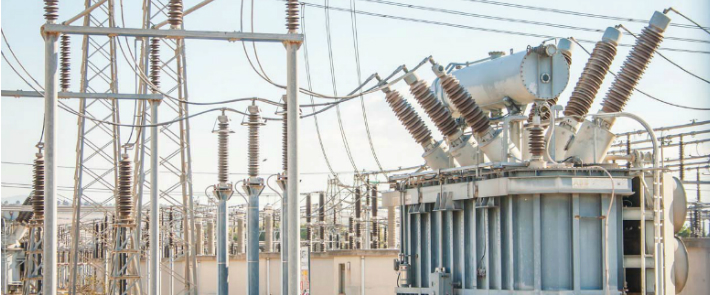- by Admin
- April 24, 2024
Click the link below to join Our WhatsApp group for daily brief on current trends in the country.
Join Here!
Loading

A coalition of Civil Society Organizations (CSOs), including IMANI Africa, Africa Centre for Energy Policy, Natural Resource Governance Institute and the Institute for Energy Security, have met to discuss the challenges facing Ghana’s power sector.
Deputy Managing Director of the Electricity Company of Ghana (ECG), Mr. Kwadwo Obeng, spoke about the major challenges of power cuts and the cost of power even during these outages. He identified several causes for power cuts, including planned maintenance where customers are notified in advance, transmission faults within the system, equipment issues related to GridCo, interruptions in fuel supply, and third-party damages caused by contractors, theft, and vandalism.
Regarding payment issues, Mr. Obeng explained that the Public Utilities Regulatory Commission (PURC) sets tariffs, but incorrect meter readings can occur. In such cases, he admonished that customers notify ECG. He also stated ECG’s collaboration with the Energy Commission and PURC to promote renewable energy through net metering, which allows customers to reduce their dependence on ECG by using solar panels.
Addressing postpaid users in arrears, Mr. Obeng stated that their meters would be switched to prepaid. Any power purchase would have a portion deducted to settle the previous debt.
Speaking at the Forum, The Director for Corporate Strategy of the Volta River Authority (VRA) Mr. Clement Boakye stated that VRA generates approximately 2,547 MW and has begun solar generation with three plants in northern Ghana. Also, VRA supplies over 50% of Ghana’s power and coordinates maintenance with other stakeholders in the energy sector.
The forum underscored that, Independent Power Producers (IPPs) also contribute to Ghana’s power generation despite lacking access to the 3D24 Energy sub-pipeline. They face major financial challenges, such as the Cash Waterfall Mechanism, which is seen as an interim but incomplete solution. IPPs are seeking representation on the Implementation Committee to enhance transparency and address their concerns.
Additionally, the IMF program mandates the Electricity Company of Ghana (ECG) and the Ministry of Finance to negotiate payments of legacy debts, including discounts and guaranteed monthly payments to IPPs.
Moreover, Ghana Grid Company (GRIDCo) plays a crucial role in transmitting generated power to consumers. The transmission system comprises 6,557 circuit kilometers of transmission lines, predominantly at 161 kV. Despite capacity constraints, GridCo continues to expand the system to meet growing demand.
The Director for Regional Operations and Consumer Services of the Public Utilities Regulatory Commission (PURC), Alhaji Jabaru Abukari, reiterated that power cuts are primarily due to fuel shortages and plant maintenance. They emphasized the need for public education to facilitate the collection of debts owed for power purchases.
The forum was a platform for various stakeholders to discuss the power sector’s challenges and potential solutions. The Collaboration among ECG, VRA, IPPs, and regulatory bodies is essential to ensure reliable and affordable power supply in Ghana.

Click the link below to join Our WhatsApp group for daily brief on current trends in the country.
Join Here!
0 Comments: